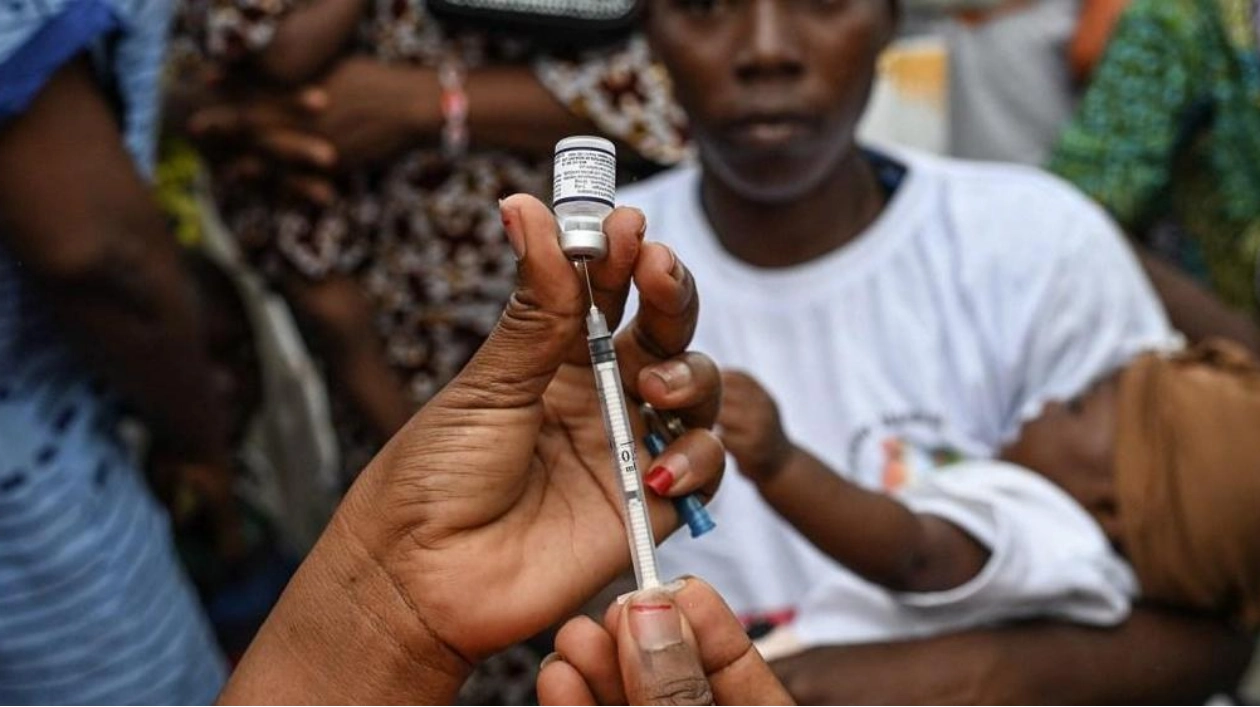The world has seen progress in eliminating malaria, with 44 countries and one territory (La Réunion) now certified as malaria-free. Egypt, where malaria has been present since ancient times, joined this list in October.
Between 2000 and 2023, an estimated 2.2 billion malaria cases and 12.7 million deaths were prevented, according to a World Health Organization report from December 11. However, challenges such as climate change, conflict, and biological threats have hindered recent progress, leading to 11 million more cases in 2023 compared to 2022. Most of these cases were in Africa, where 597,000 people died from malaria in 2023, mostly young children.
The WHO aims for a 75% reduction in malaria deaths by 2025 compared to 2015 levels, targeting 5.5 deaths per 100,000 people at risk. However, the 2023 death rate was more than double this target, at 13.7 deaths per 100,000.
Malaria parasites are evolving rapidly, becoming resistant to nearly all drugs, including partial resistance to artemisinin in several African countries. Additionally, mosquitoes are developing resistance to insecticides, posing a significant threat to malaria control efforts.
Despite these challenges, new malaria vaccines and genetically modified mosquitoes offer hope. From 2019 to 2023, about 2 million children in Ghana, Kenya, and Malawi received the first approved malaria vaccine, showing promising results. Improved bed nets and seasonal malaria prevention treatments are also being deployed to combat the disease.
Source link: https://www.sciencenews.org






